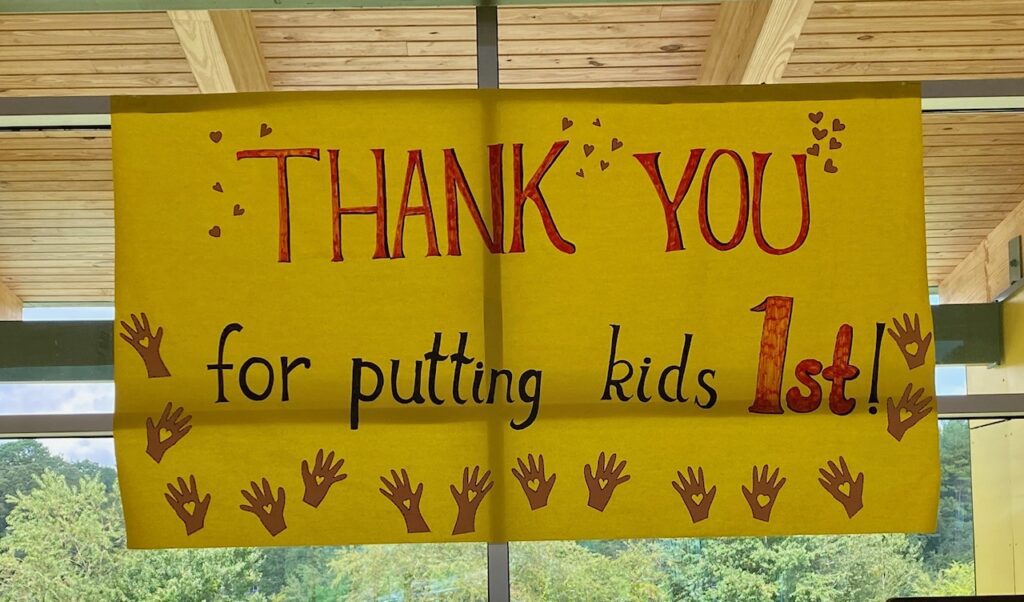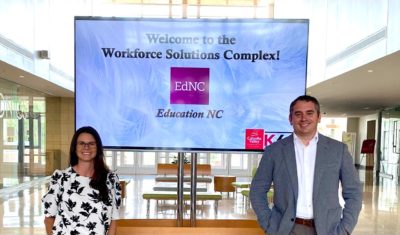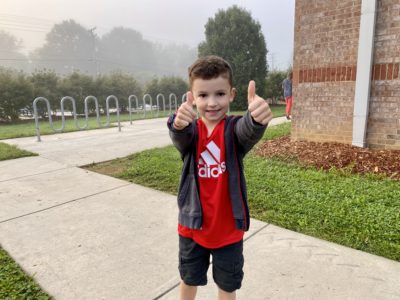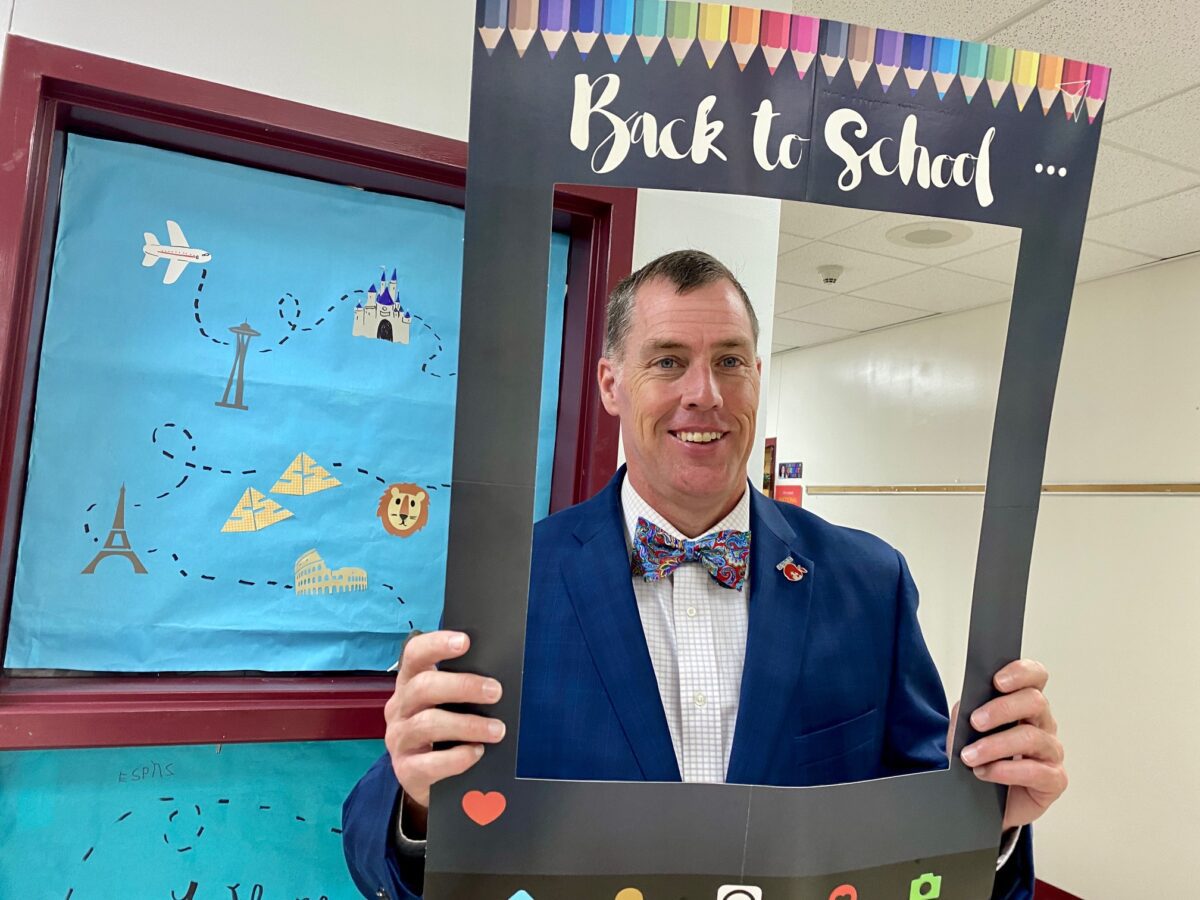

|
|
Welcome.
It is a simple word with powerful implications.
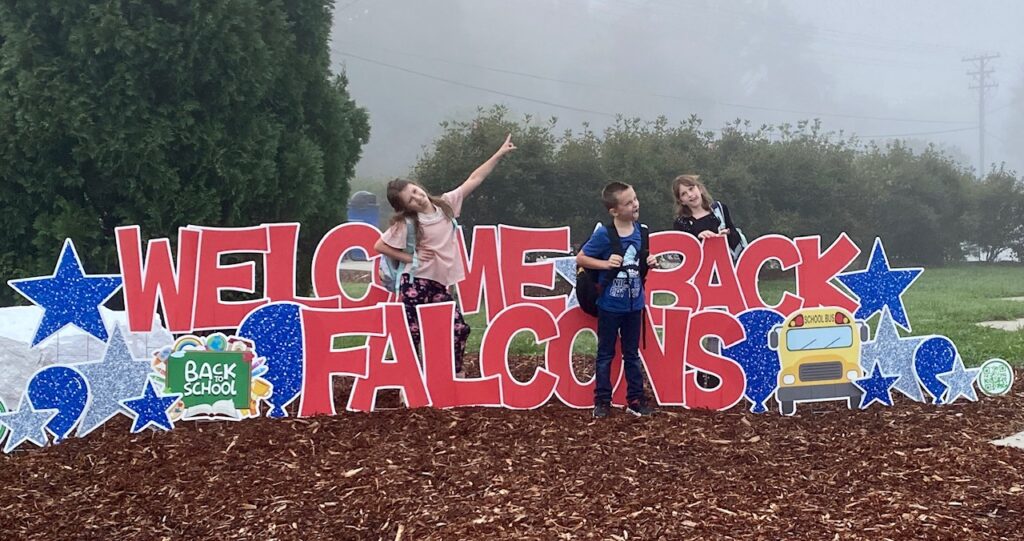

With it, we tighten relationships, and trust accrues.
Without it, othering defines the relationship, and distrust ensues.
For our educators, welcoming students and parents back to school has never been more important.
You are seen as leaders in your community. You have the closest nexus to the students and parents you serve. Parents trust and respect you.
“The public trusts principals more than religious leaders, journalists, business leaders, and elected officials,” according to the Pew Research Center and reported in Education Week.
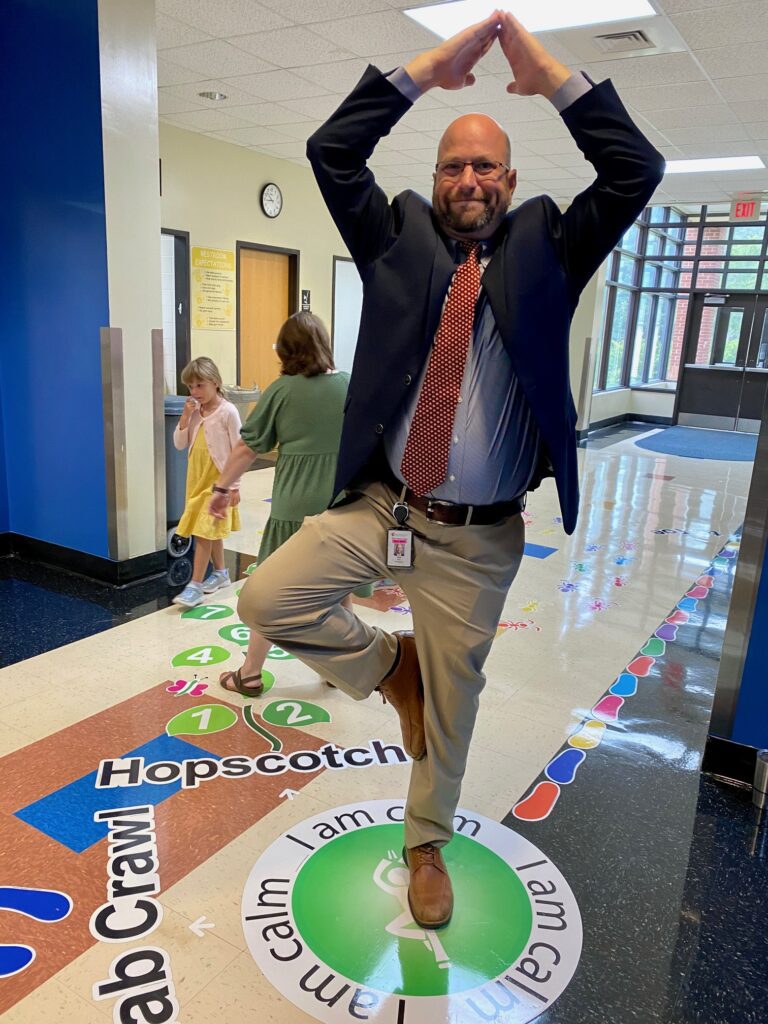

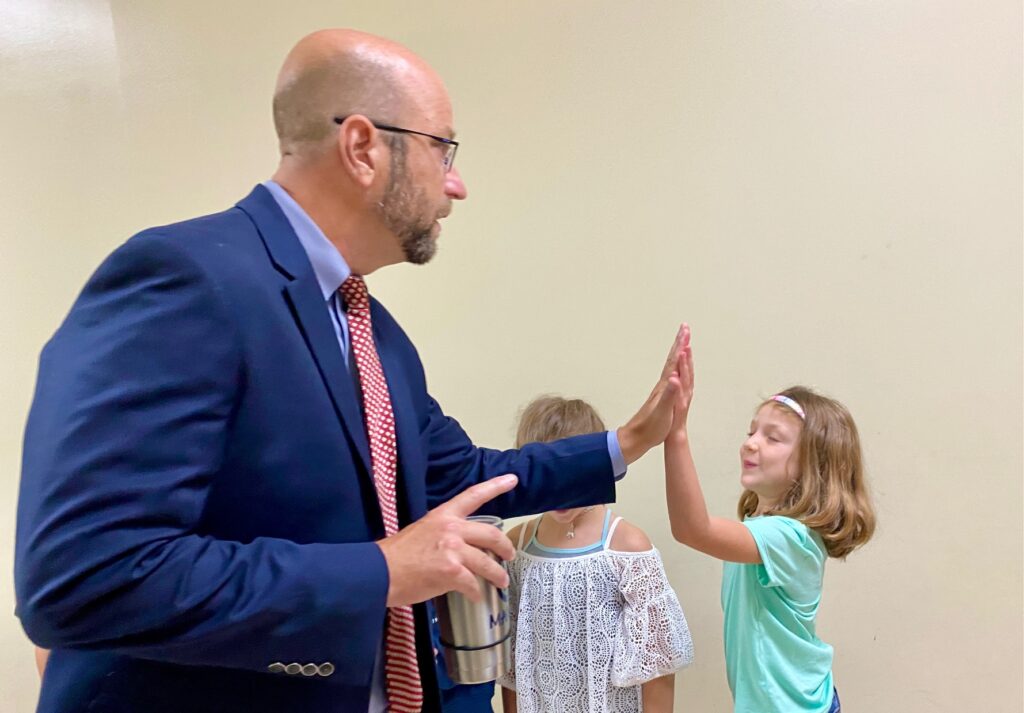

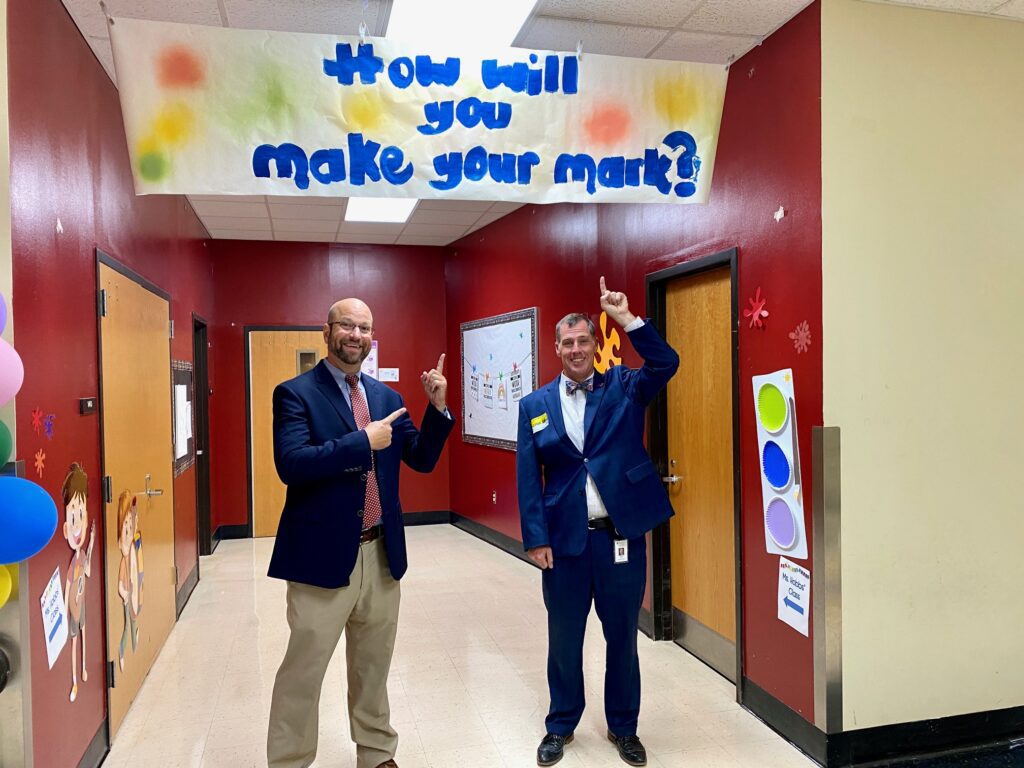

You are on the front lines of welcoming families back to school. You are the architect of the student experience that will determine whether parents believe that your classroom, your school, your district is the best fit for their child.
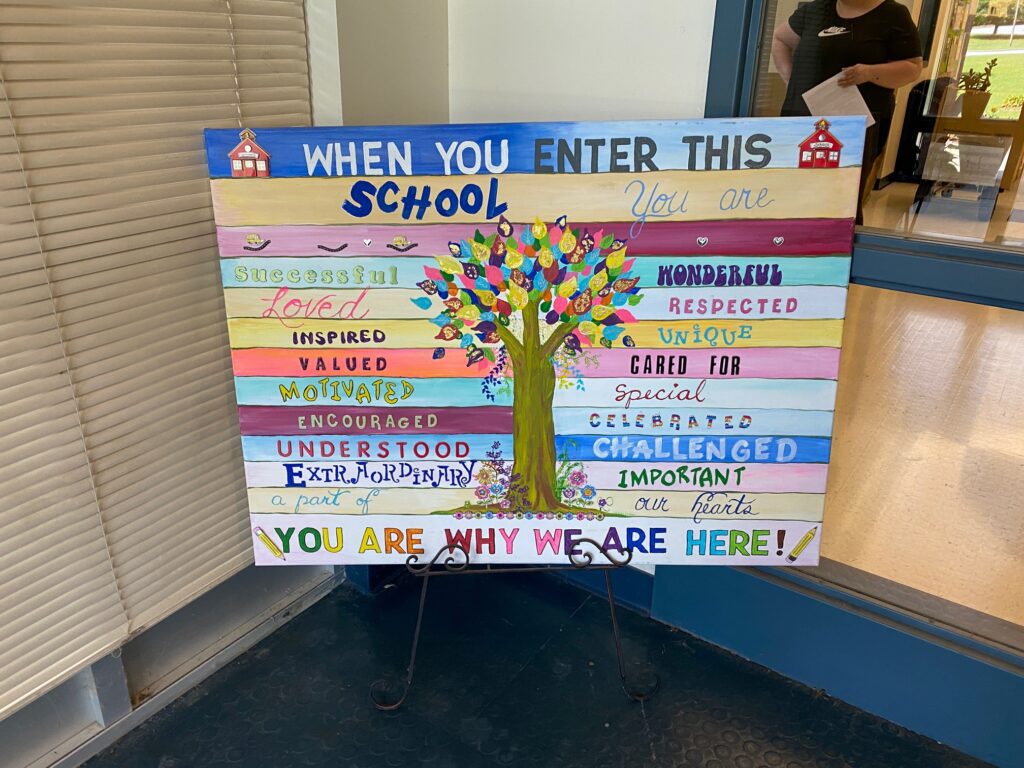

It is you they will call on the good days, and you they will call on the bad days.
How you handle both will impact their perceptions of our public schools.
The most important day of school? The first day
Many educators are familiar with the classic teaching manual, “The first days of school: How to be an effective educator.”
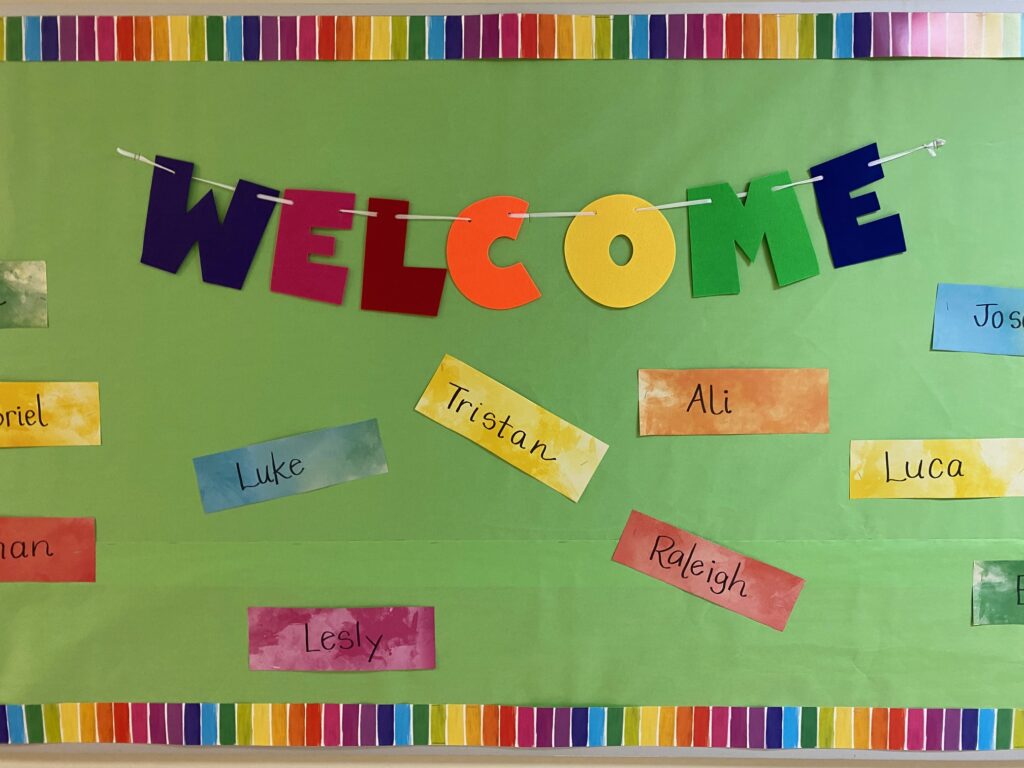

“Celebrating the first day of school,” reads chapter seven, “must become a tradition of all education systems. This day of celebration must include everyone associated with and interested in the education of the future citizens of the world.”
The book recommends including parents, the business community, and the neighborhoods surrounding the school.
“Everyone should be involved in planning the students’ welcome to the schools. ‘Everyone’ means administrators, teachers, classified staff, district personnel, parents, and the business community,” says the book.
Including — and maybe most importantly — the superintendent as key welcomer.
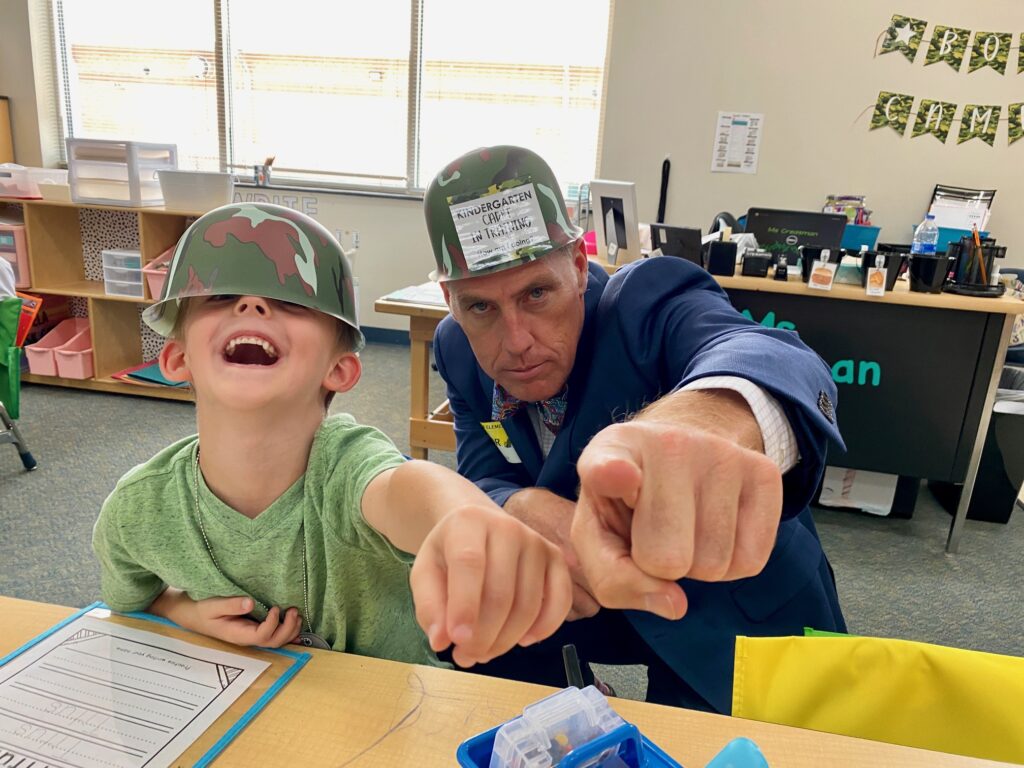

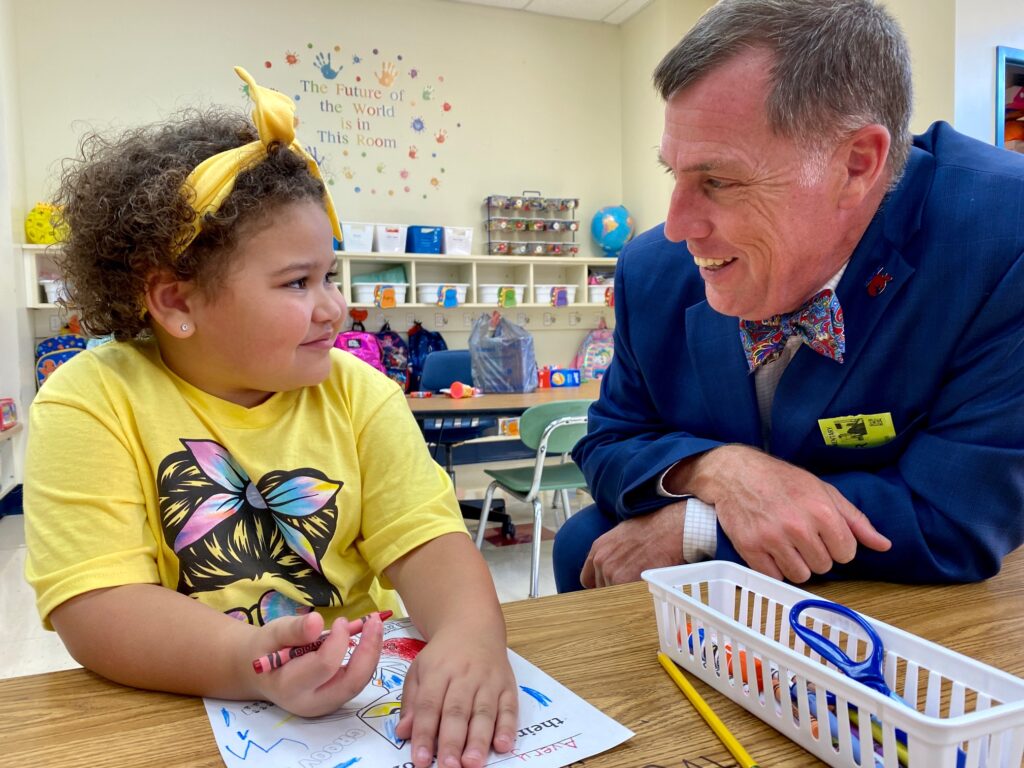

From celebrations to greeters, from banners to school newsletters, there are many ways schools welcome families back from summer break.
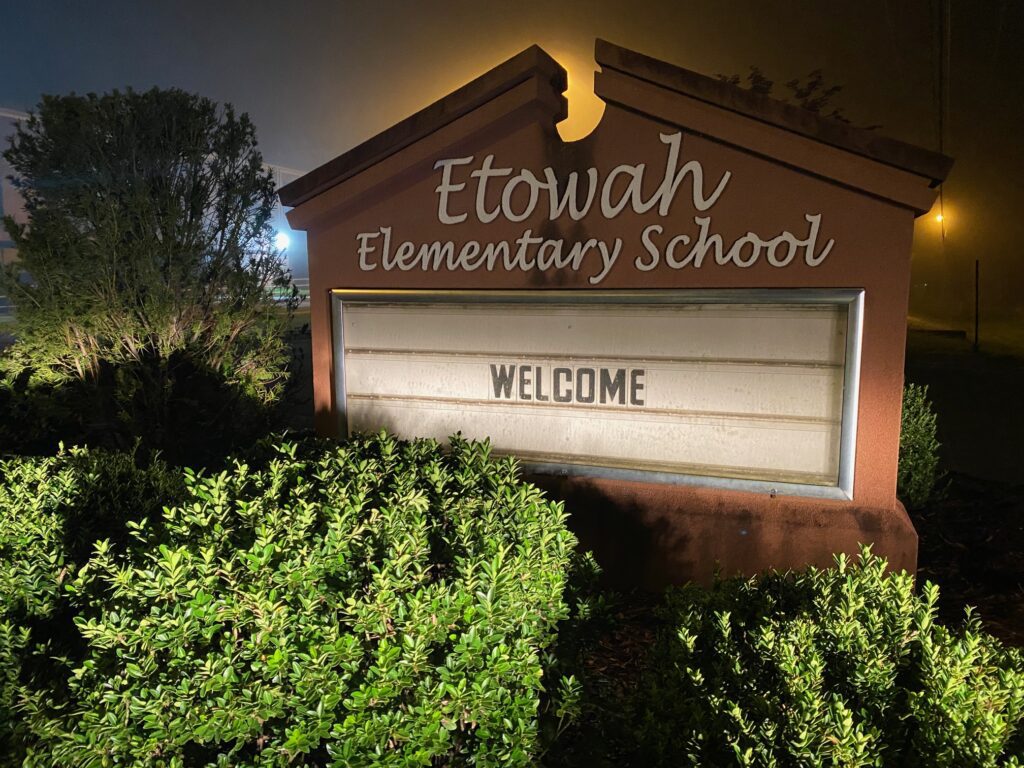

From directional signs and hall guides making it easier to navigate school buildings, to the crafting of that very first message spoken over the public address system and sent home to parents, first impressions make a difference.
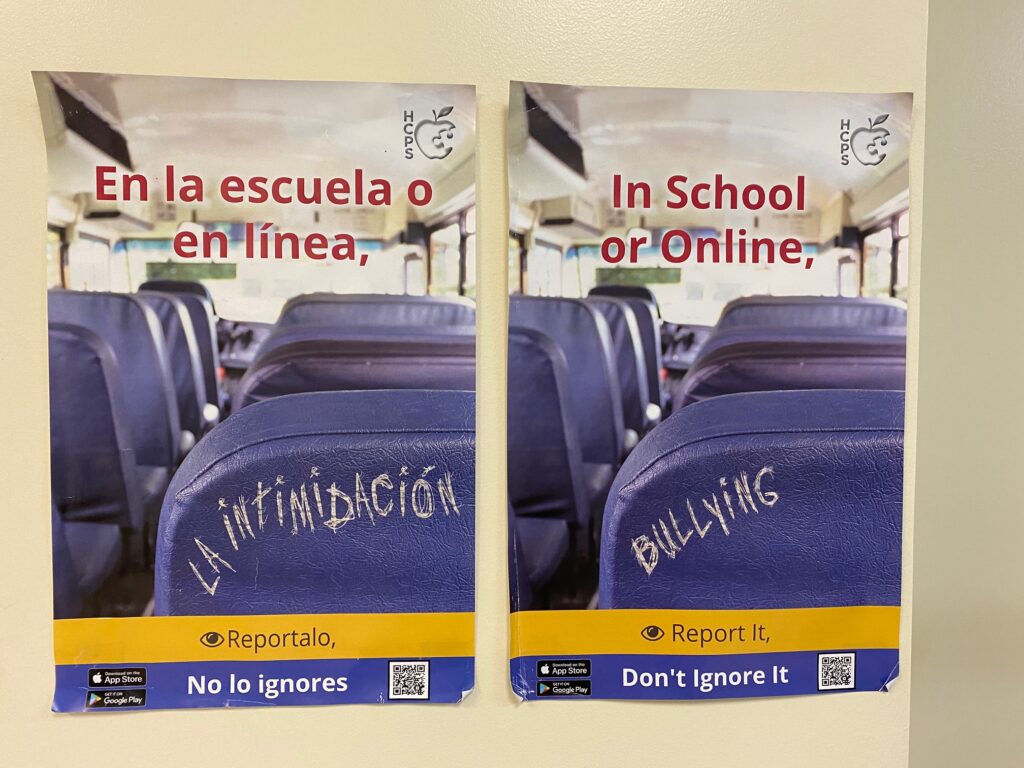

Why? It is important for students to see that the community wants them to succeed. It is important for the school, the family, the community to set the stage for partnership.
EdNC’s survey of parents in Western North Carolina
Using Reach NC Voices, EdNC surveyed parents in Western North Carolina in the spring. The survey was open from March 26 through May 31, 2023. We had 3,097 parent respondents, and amazingly the respondents stuck with us through many open-ended questions, providing a wealth of information about how parents think about schools. The open-ended questions shown to all participants received between 1,178 and 1,973 comments.
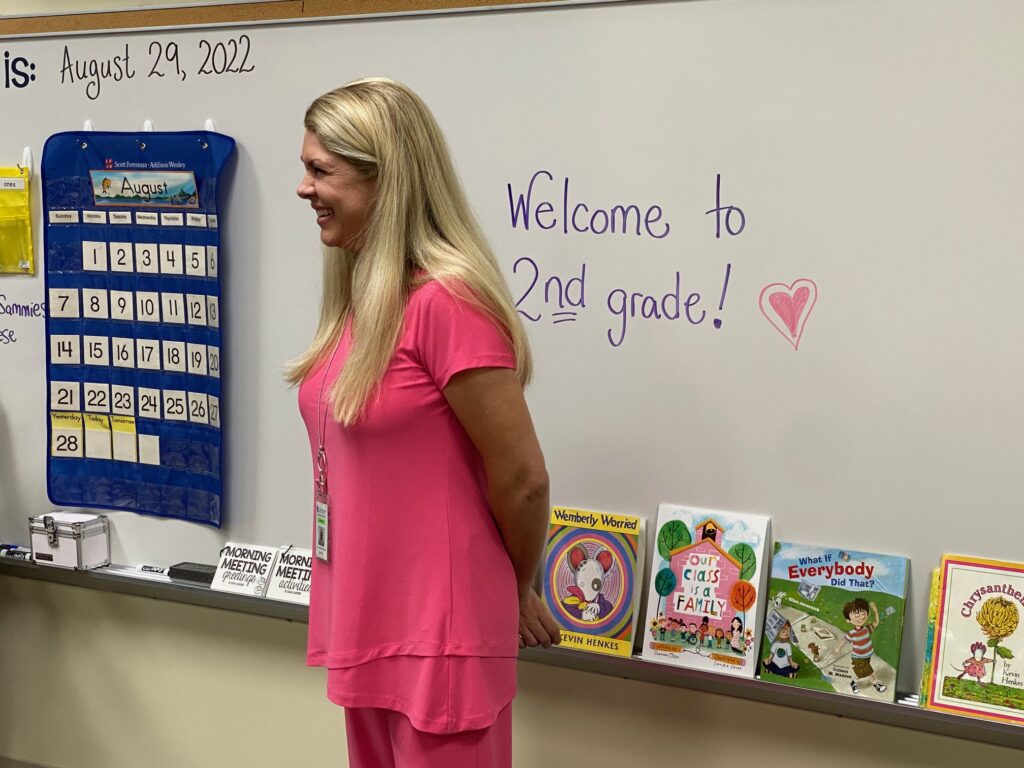

Of the respondents, 93% have their students attending traditional public school.
When asked what they like most about their school, 1,673 responded. Of those, 1,085 respondents said engaging and caring teachers, administrators, and support staff are the best thing about their schools.
Engaging and caring teachers, administrators, and support staff are the best thing about their schools.
— EdNC survey of parents in Western North Carolina
I’ll be writing more about our findings, but it is clear our educators matter to parents.
Partnering with parents
Recent research from Brookings finds “partnerships with parents are key to solving heightened political polarization in schools.”
From a rise in Freedom of Information Act requests, to increasing verbal and written threats against educators, to a surge in requests from parents to opt-out of instruction on certain topics, to more and more book bans, Brookings research suggests:
Educators don’t need to hide from controversial topics. They can (and should) bring families into respectful, productive conversations to build a foundation of trust and shared goals with families before conflict arises.
Based on the survey, the researchers recommend a two-prong approach for schools and districts: A proactive strategy to engage parents and build trust, and a reactive strategy “to manage conflict when it does occur to reduce the burden on educators.”
They found that three things help in navigating our complex local and state political ecosystems:
- Create clear protocols for how teachers and principals should respond to families.
- Collect data on what families in their school communities think about politicized issues.
- Foster greater transparency around instructional policies and practices and work to establish more alignment between parental beliefs and best practices.
Recently Superintendent Ethan Lenker of Pitt County Schools launched a podcast. “How are you communicating with parents and trying to keep parents involved and engaged with what we’re trying to do? That just really has changed immensely,” he said in an article in The Daily Reflector.
Schools play a critical role in reminding all of us of the importance of putting students first in any number of ways. Send me yours.
